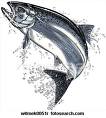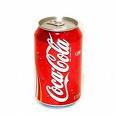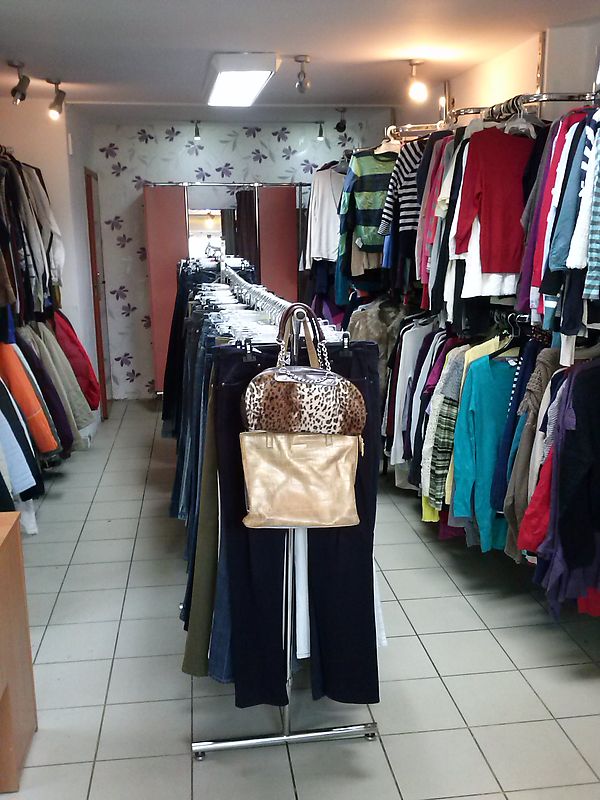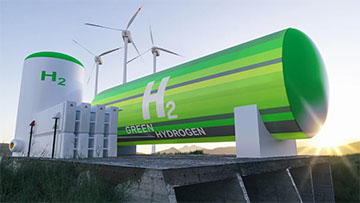 Toys help scientists.
Toys help scientists.
Using sheets of heat-shrinking plastic (stretched polystyrene, sold in the US as a toy for slightly older children, named Shrinky-Dink) scientists developed a new method of producing microfluidic systems, which can be used, inter alia, for the manufacture of tissue culture reactors, bringing “Lab on a Chip”. – Necessity is the mother of invention – that was the motto of Dr. Michelle Khine of the University of California, Merced (USA), which due to the lack of technical possibilities (lack of suitable, clean rooms, the so-called. cleanrooms) developed a method of manufacturing molds for the production of microfluidic systems, which can be used almost anywhere, where is the computer printer and the oven (toaster).
Scientists working with Dr. Khine used commercially available material, a toy for children, which is sold in the form of heat-shrinkable plastic sheets ready to be printed in a computer printer. This material, when heated in an ordinary oven to a temperature of approx 160 degrees Celsius shrinks.
By printing with a laser printer on the surface of heat-shrinkable plastic a pattern of a few millimeters corresponding to the system of channels forming a microflow system and heating this pattern for a few minutes in an oven, after shrinking the plastic, a convex matrix showing the same arrangement is obtained, but reduced several times! The protrusions are caused by the bulging of the printed lines during shrinkage.
The next step is to reflect the formed matrix in the polymer, from which microfluidic systems are produced as standard – after the plastic has solidified, the system is ready for operation.
The newly developed method of creating matrices for microfluidic systems was used by American scientists in the construction of reactors for tissue culture, thus showing, that technically advanced research can be carried out not only in well-equipped laboratories of leading research institutes, but everywhere there, where is the laser printer and the oven (toaster).









